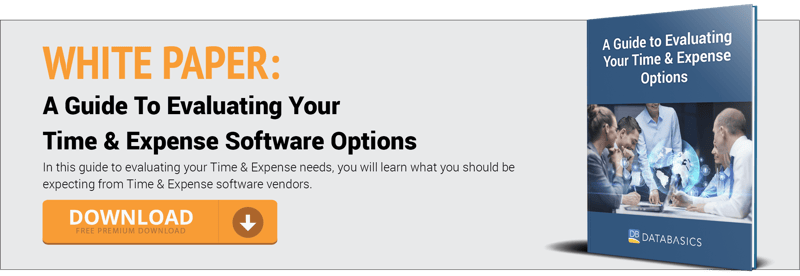
Changes might be in store regarding the Fair Labor Standards Act (FLSA); these changes were halted in late 2016 by court order until new details about the requirements of the act could be investigated.
Changes For The FLSA
According to a February 27, 2017 news article, the changes to the FLSA have been extended until May 1st; many business owners are still waiting to hear proposed changes to the FLSA since these changes would come with what could be considerable increases in wages should the act be pushed through in its most recent state.
FLSA Background
Originally, the FLSA update was, as we reported late last year, scheduled to go into effect on December 1, 2016 and would require increased overtime pay and other updates to the way employees are paid, boosting the minimum weekly salary from $455 to $913 per week.
What does the future hold for the FLSA? Predictions say that it will be a while before anything definite is decided as new leaders of the Department of Labor move into position. The big question for business owners is who qualifies for exempt vs. non-exempt status. New information should come out at the beginning of May, though it could be sooner.
Related Article: A Guide To Global Tax Management: How To Simplify Complex Challenges
Other possibilities for the FLSA
In the meantime, some are calling for other possibilities for the final version of the law. Some ideas included changes that would positively affect business owners, including expansion of commission exemptions for industries beyond retail and service, with updates to particular industries like home care and computers. In addition, there have been suggestions for allowing employees to file complaints for companies to handle issues in-house rather than going to the courts for help and for allowing companies to police themselves when it comes to compliance in self-reporting and correcting errors.
Updates should be forthcoming once the new administration has filled the spot for Secretary of Labor. In the meantime, understanding under what branch employees fall—exempt or nonexempt—is one essential way to be prepared for whatever exemption changes may come. We'll stay up to date on this issue, but it's a good idea to understand current FLSA exempt vs. nonexempt employees with this data provided by the U.S. Department of Labor.
For more information on the DATABASICS Time & Expense solution, contact us or call (800) 599-0434.
DATABASICS provides cloud-based, next generation Expense Reporting, P-Card Management, Timesheet & Leave Management Management, and Invoice Processing automation. Specializing in meeting the most rigorous requirements, DATABASICS offers the highest level of service to its customers around the world.
DATABASICS is relied upon by leading organizations representing all the major sectors of the global economy: financial services, healthcare, manufacturing, research, retail, engineering, non-profits/NGOs, technology, federal contractors, and other sectors.
Connect with DATABASICS: LinkedIn, Twitter, and YouTube. DATABASICS is headquartered in Reston, VA.
Subscribe to our blog
Recent Posts
Posts by Topics
- Expense Management Software (130)
- DATABASICS (69)
- Time Tracking Software (47)
- Leave Management System (26)
- P-Cards (9)
- Home Healthcare (8)
- Government Contractors (7)
- Nonprofit Organizations (7)
- International Development (6)
- Receipt Management (6)
- Advanced OCR (2)
- CROs (2)
- Staffing Agencies (2)
- Vendor Invoice Management (2)
- Audit Management Software (1)
- Construction (1)
- Field Service Management (1)
- Integration (1)
- Microsoft Dynamics (1)
- Oracle NetSuite (1)
- Partnerships (1)
- Professional Services (1)
Read on

Expense Fraud Isn’t New Because of AI; It’s a Systems & Operational Problem
Read Now
Enhancing Employee Experience with Mobile Expense Management
Read Now
Maintaining Compliance with Mobile Expense Management Tools
Read NowSeamless Integration of Time Tracking and Payroll
Read Now
Seamless Migration from Nexonia: Unified Time and Expense Solutions
Read Now
Nexonia Migration: The Best Alternative for Timesheets & Expense Management
Read Now
Subscribe to Our Blog
Subscribe to our blog and get the latest in time tracking and expense reporting news and updates.
